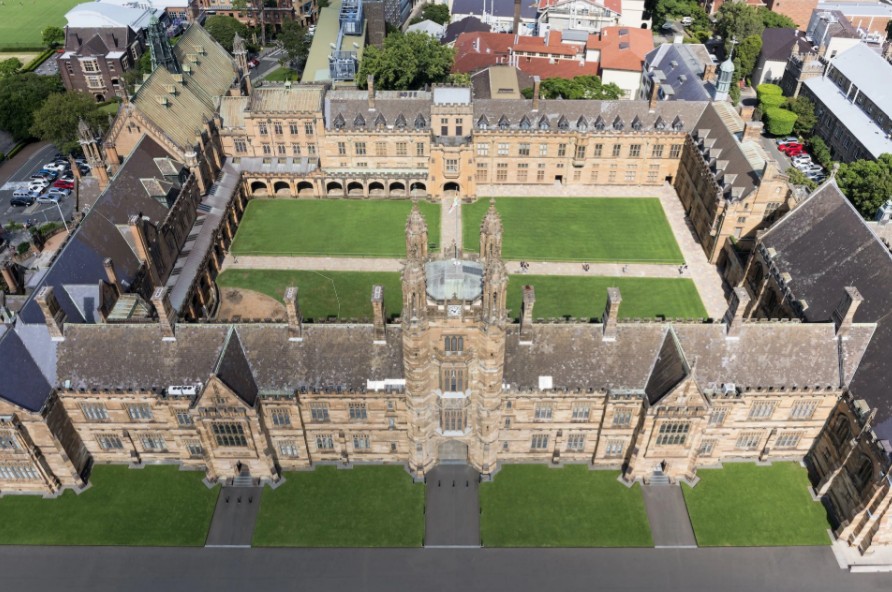A recent interim report from the Senate Education and Employment Legislation Committee has exposed serious governance issues within Australian universities, highlighting a corrupt bureaucratic system dominated by a complacent administrative class. The report, led by Labor Senator Marielle Smith, reveals that over 300 university executives earn more than state premiers, emphasizing a significant disparity between them and the exploited students and staff.
The committee identified a “gap” between the governance practices claimed by administrators and the realities experienced by university communities, particularly concerning transparency and conflict of interest management. Submissions from various stakeholders showcased concerns about decision-making processes and financial transparency.
Despite evidence of administrative incompetence, university councils, which have increased in power, are not trusted to set appropriate compensation for executives. The report proposes twelve recommendations aimed at improving accountability, involving staff and students in decision-making, and enhancing regulatory oversight by the Tertiary Education Quality and Standards Agency (TEQSA), though past experiences suggest slow implementation.
There is a strong call for reforms to cap vice-chancellor salaries and revamp university councils, but without stringent regulations and oversight, meaningful change may be unlikely. The current state of governance continues to reflect patterns of oligarchy and inequality, reinforcing the need for an anti-corruption body with expertise in higher education reform.



